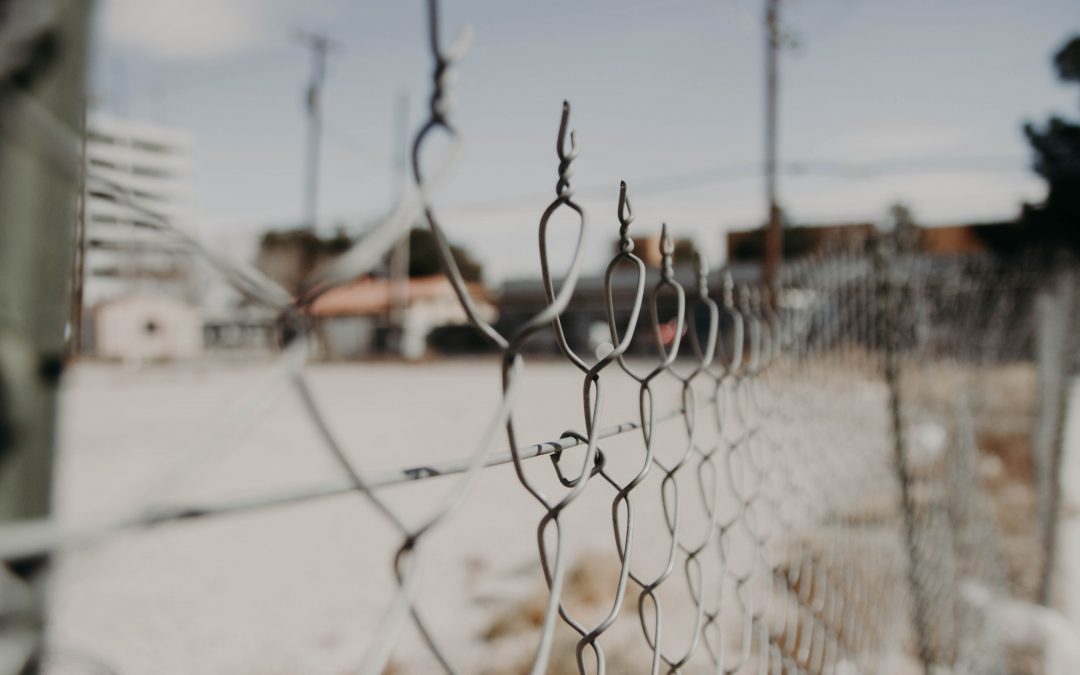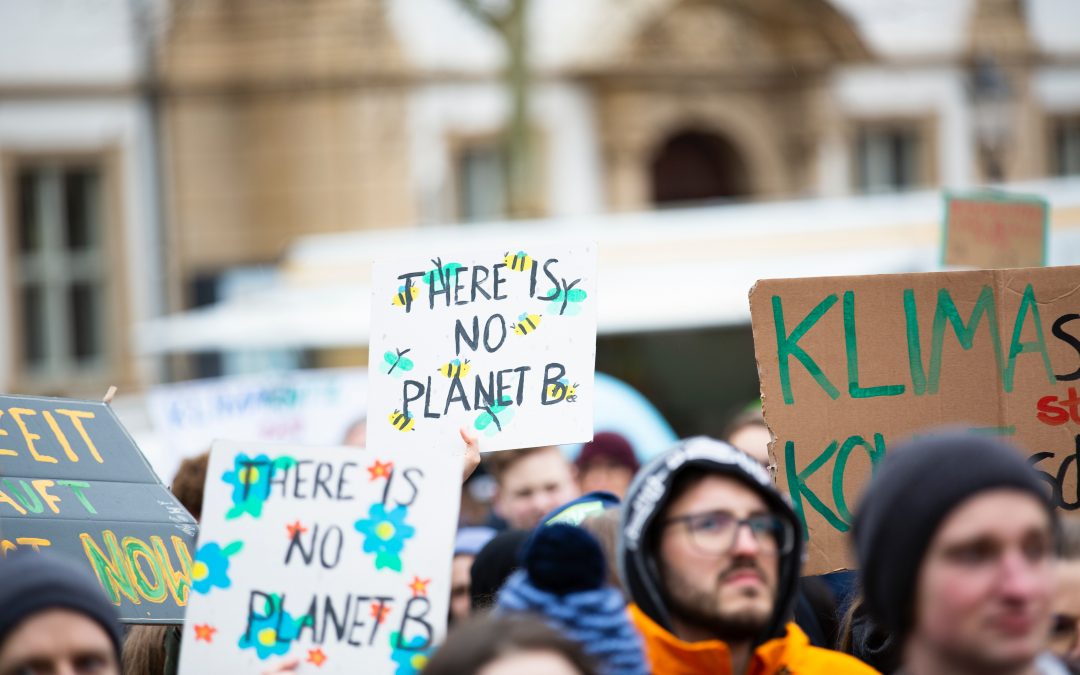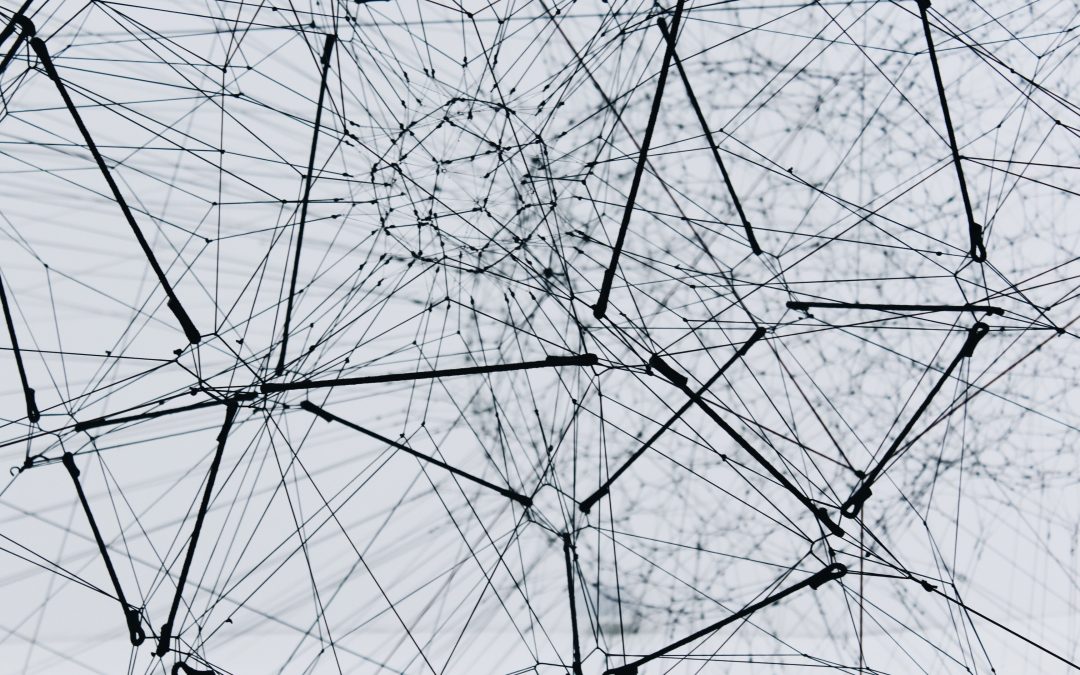
The Case for PubPub
In this Short Analysis, Jefferson Pooley is reviewing/introducing PubPub, a web-based publishing platform hosted by a nonprofit, the Knowledge Futures Group (KFG)

In this Short Analysis, Jefferson Pooley is reviewing/introducing PubPub, a web-based publishing platform hosted by a nonprofit, the Knowledge Futures Group (KFG)

In this article the authors argue for a utopia driven by SDG’s and respectful engagement with nature.

This opinion piece draws attention to the disadvantage of the academic STEM system, especially for female academics.

Carrying museum artefacts in a suitcase and evacuating university hardware while hiding in shelters. This is the new reality for Ukrainian researchers. Elephant in the lab talked to two of them.

Katrin Martens take on the struggles of transdisciplinary research.

Julia T. Scho on the challenges and positive experiences of researchers and scientists working around the globe during the pandemic

Alena Sander on her field work abroad and the challenges and opportunities of international mobility for young mothers in academia.

Setting up new infrastructures would play an important role in preventing best-trained African researchers from emigrating. The physicist Prosper Ngabonziza states that having a synchrotron light source would be very beneficial for the continent as a whole.

We would all like a truly global research infrastructure, in much the same way as many would like world peace and global democracy. The point really is that we wouldn’t just like it, we need it.

Marion Poetz on what it takes to foster innovation in Science and how to make it more interesting for companies and organizations.

Gregor Hagedorn, the initiator of Science for Future, explains how Scientists for Future uses a pro-active form of science communication to draw attention to global challenges.

How to support scientists in increasing the visibility and impact of their research? Tamika Heiden shows insights from her work.

Prevention of power abuse and supervision conflicts should be considered as a matter of good scientific practice, argues the doctoral researchers network N² in their postition paper. Jonathan Stefanowski explains how this can be done.

Adopting common guidelines is not enough for setting up a system of global ethics. Miltos Ladikas explains what else is needed.

Doing research and getting paid for it is fantastic, but how to do that sustainably? Kalle Korhonen tells you how to maintain the interest of research funders.

Martin Kowarsch’s take on the difficulties of global scientific assessments.

Ajoy Datta about the difficulty of achieving genuine international research partnerships.

Michele Acuto about designing global networks of scientific policy advice and how to make them work.

Jyoti Mishra explains how to transform knowledge to help others in a global setting.

Martin Etzrodt’s take on the need of distributed organisations in collaborative research.

Ellen Hazelkorn takes a look at the accuracy of university rankings from an international perspective.